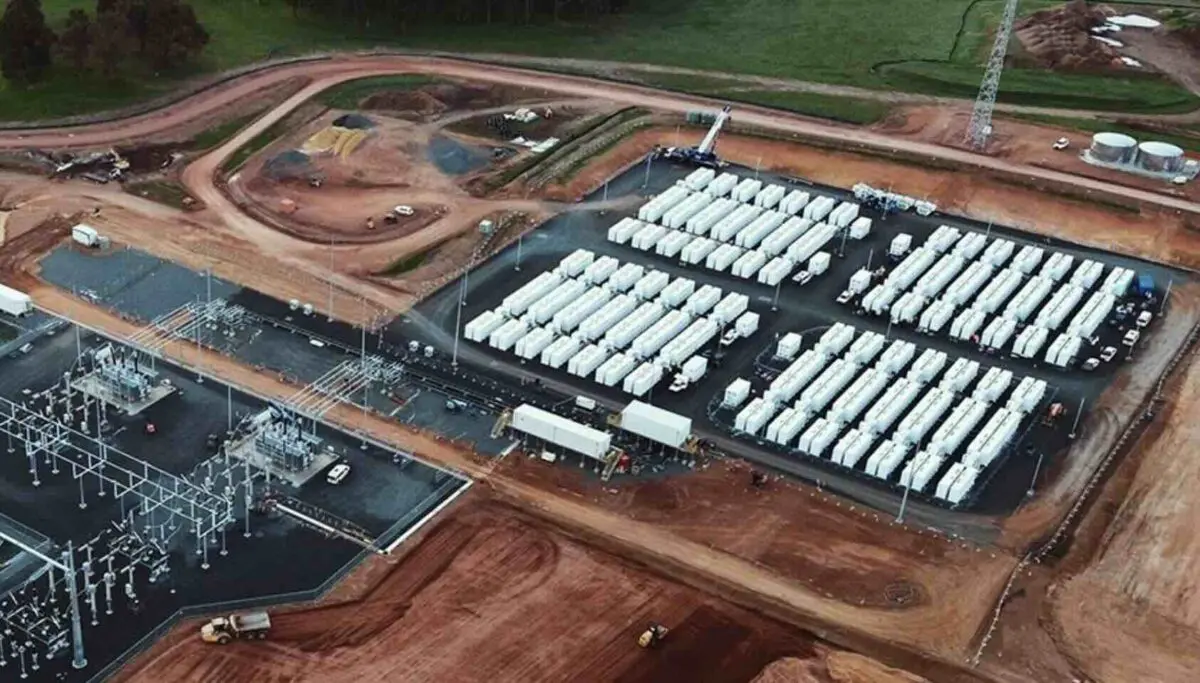Frontier Energy, an ambitious renewable and energy storage developer with former W.A. premier Mark McGowan soon to take its helm, has been forced to reassess plans for its first major solar and battery storage project after missing out on a key and lucrative tender.
The Perth-based company has been working on the 80 MW/360 MWh Waroona battery project near Wagerup that was to be paired with a solar farm.
It had been one of a half a dozen battery projects that had passed initial assessments and were lining up for the annual allocation of capacity credits in the state for 2026/27 – the most ever and a significant reshaping of the state’s grid as it accelerates its transition away from coal.
But Frontier missed out. A batch of new and existing battery projects – including the two stages of the Kwinana battery, the two giant Collie batteries being built by Neoen and Synergy, Alinta’s Wagerup battery, Naturgy’s Cunderdin solar battery and Atmos Renewables’ Merredin battery – landed the lucrative contracts, worth $230,000 a megawatt a year.
Frontier – which has been remarkably candid about its battery project economics and its prospects, partly because it is a listed company and also because it also seems to like talking about it – says it drew the short straw.
It had wanted to land a five year fixed contract under the terms of its proposed $215 million financing arrangement with Infradebt, but this was not possible because the sizeable supply shortfall for 2026/27 forecast by the market operator no longer existed – thanks to the success of another scheme designed the W.A. grid’s problematic solar duck.
Those contracts, known as NCESS, have underwritten both the Neoen Collie battery, which will be the biggest in Australia when complete at 560 MW and 2,240 MWh, and the Synergy Collie battery, also sizeable at 2,000 MW. It has also helped the Alinta battery (100M, 200 MWh), and the second state of the Kwinana battery (200 MW, 400 MWh).
It meant that the forecast 1,00 MW deficit was eliminated and the market operator found itself with surplus reserve capacity, so much so that it now assumes that one of the ageing coal generators at Muja will be closed that year.
The market responded savagely to the news, marking down the company’s share price by nearly half, leaving it at just one quarter of its value from August.
Frontier says it is now regrouping and looking at other finance options to progress the Waroona project, although it conceded it will be delayed.
It has, for instance, thrown its cap into the ring for yet another program, the federal government sponsored Capacity Investment Scheme, which is seeking 500 MW and 2,000 MWh of battery capacity.
“Whilst the outcome of AEMO’s allocations is not ideal, energy prices remain at record highs, and are forecast to continue into the future, the underlying fundamentals for our Waroona Renewable Energy Project remain excellent,” CEO Adam Kiley said in a statement, citing anticipated higher wholesale electricity prices.
In a conference call with investors on Wednesday, Kiley defended the decision to punt on a five-year financing strategy, saying that if it sought just a one year contract it would have likely landed it – but the $19 million it would have received would have required a completely different funding strategy.
He says, however, that it will not seek a five year contract in the next round.
The company is hopeful that its chances in the CIS remain good, given its focus on hybrid facilities and standalone batteries, the lack of available new renewable projects in the state, and that the fact that projects which have already received contracts through the NCESS are excluded.
“The Company will now pursue multiple funding solutions that were not previously fully examined due to our RCC expectations. These include project bonds, equipment financing, and equipment supplier equity opportunities for fixed equipment,” the company said in a statement.
Asked if McGowan still intended to join the board and take the role as chair in october, Riley said: “Obviously he’s quite surprised and a bit shocked as the rest of management, as well as the board, regarding the outcome regarding reserve capacity,, but when I was speaking to him (yesterday) that was still the intention.”
See also: Renew Economy’s Big Battery Storage Map of Australia.








